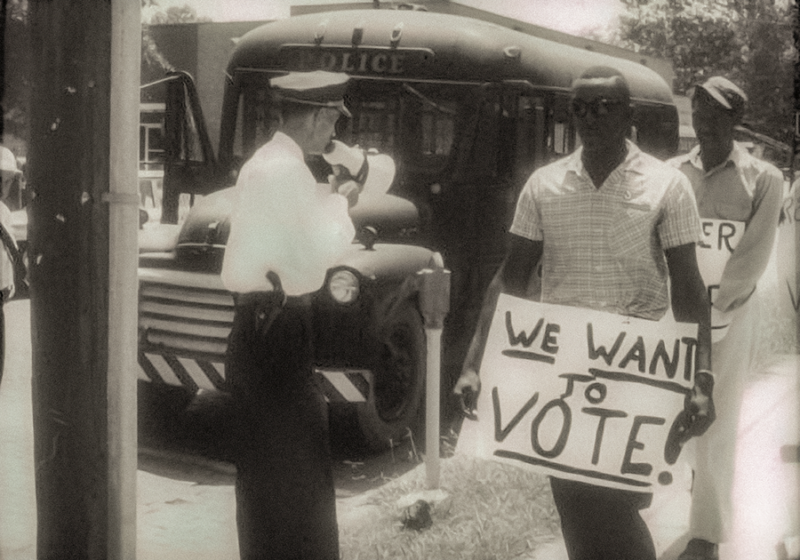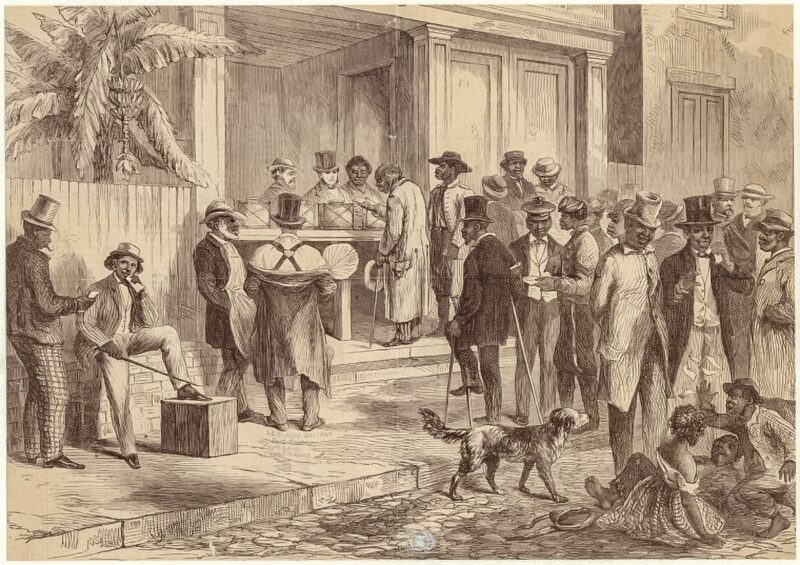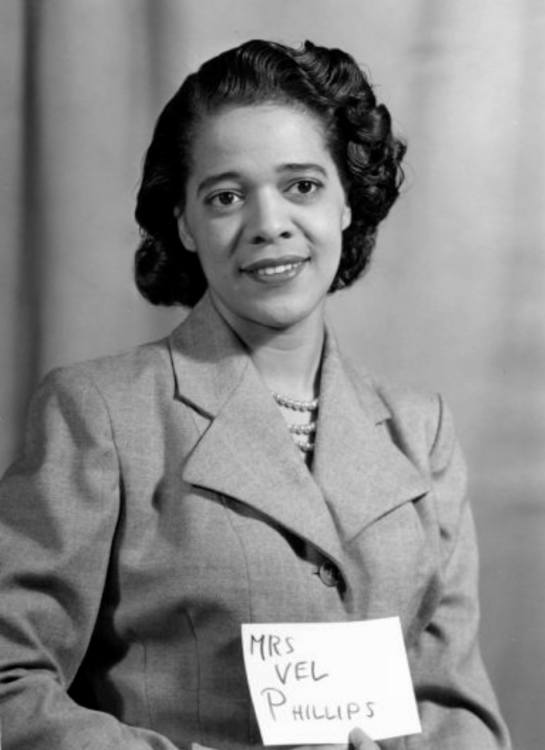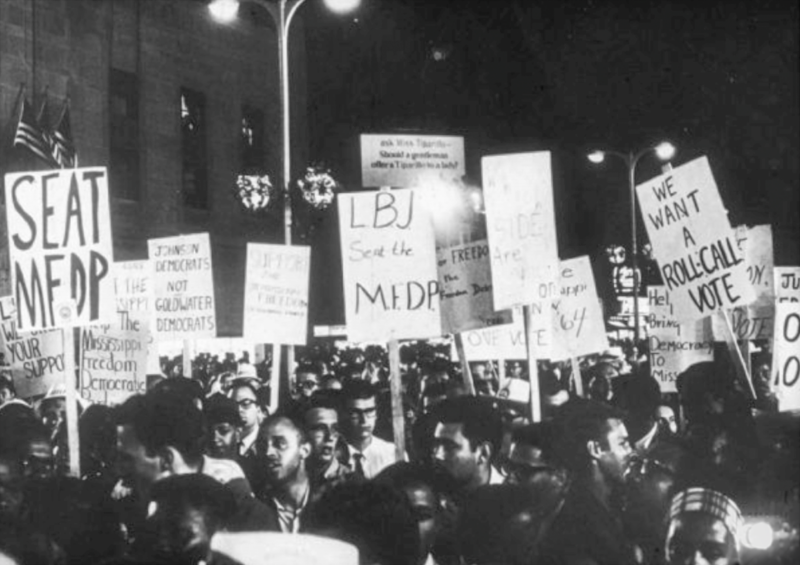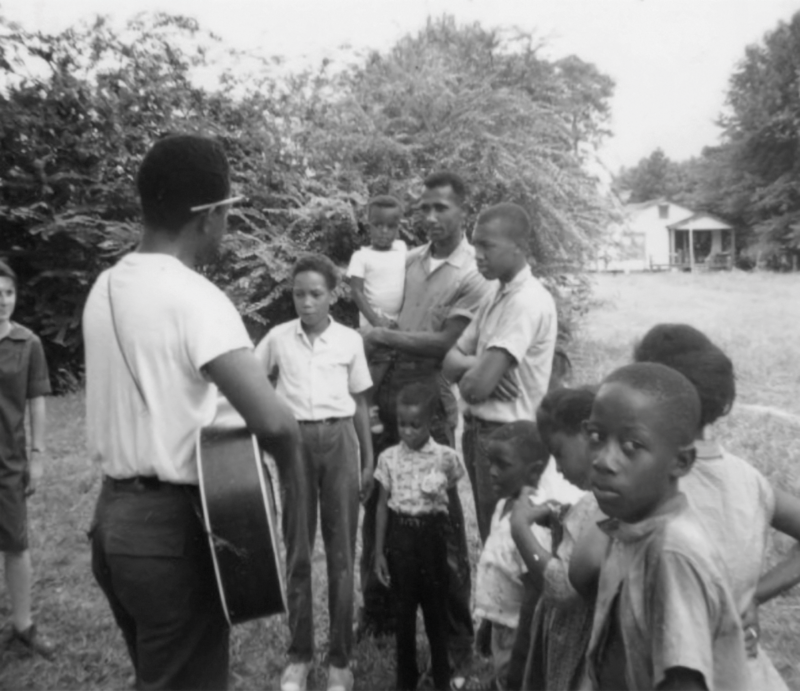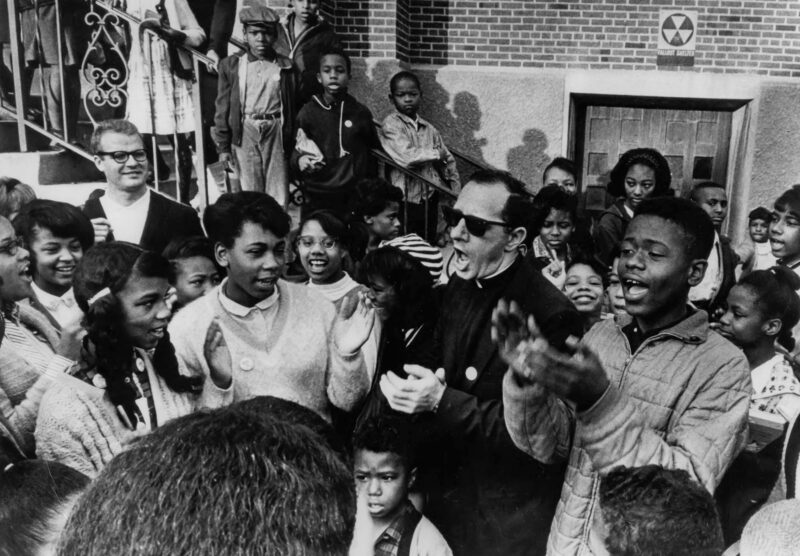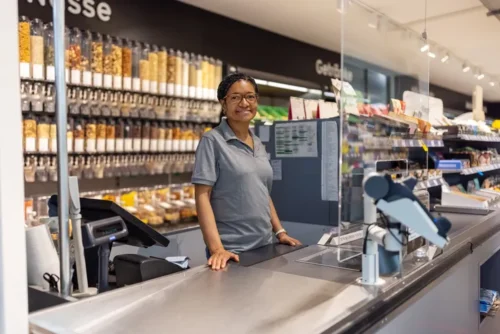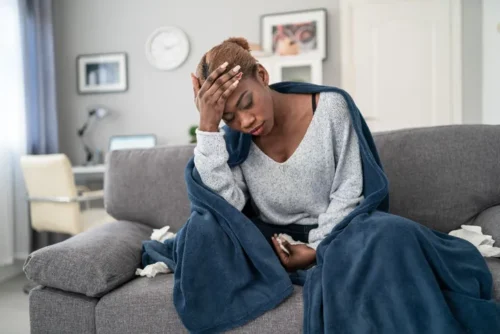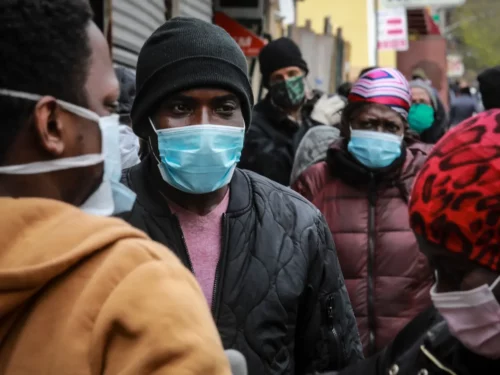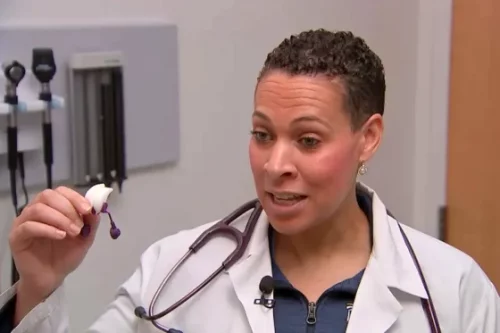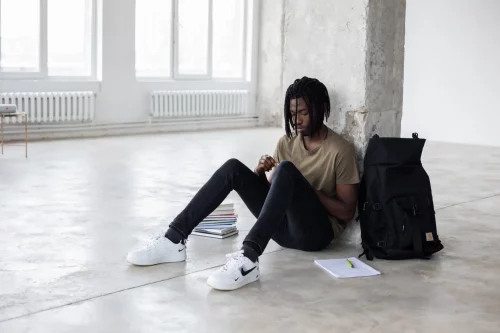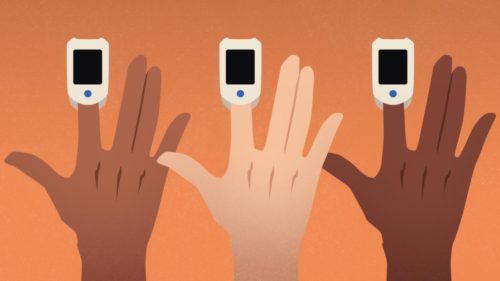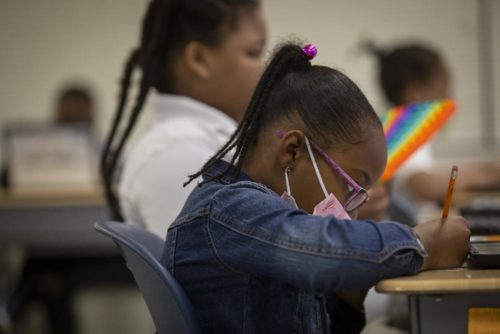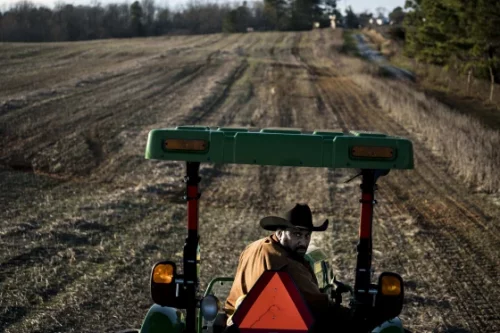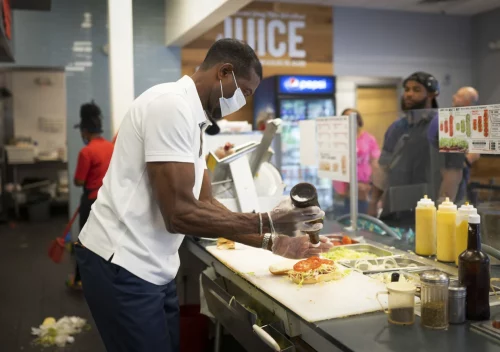COVID-19
Explore Our Online Exhibits
- « Previous
- 1
- 2
- 3
Breaking News
Worldwide Community Events
Week 3
- Sun 30
- Mon 31
- Tue 1
- Wed 2
- Thu 3
- Fri 4
- Sat 5
- Sun 6
- Mon 7
- Tue 8
- Wed 9
- Thu 10
- Fri 11
- Sat 12
- Sun 13
- Mon 14
- Tue 15
- Wed 16
- Thu 17
- Fri 18
- Sat 19
- Sun 20
- Mon 21
- Tue 22
- Wed 23
- Thu 24
- Fri 25
- Sat 26
- Sun 27
- Mon 28
- Tue 29
- Wed 30
- Thu 1
- Fri 2
- Sat 3
-
No Events
-
No Events
-
No Events
-
No Events
-
No Events
Share
A coronavirus known as SARS-CoV-2 caused the COVID-19 pandemic, which originated in China before spreading worldwide in 2020. This global pandemic was not equally destructive, however. The virus itself was more harmful to elderly people and those with pre-existing health conditions. However, economic and racial inequalities prevented some people from accessing necessary screening, treatment, or vaccines or following medical advice such as social distancing or quarantining. Medical racism also played a role during COVID-19, and some Black patients formed support groups after the medical system ignored them. The pandemic also highlighted how some medical equipment worked poorly for Black patients.
Nearly 7 million people died of COVID globally, with millions more surviving the disease that raged for multiple years. In the United States, Black people remained at risk while others decreased their concern, which was entirely warranted. African Americans experienced a higher death rate due to COVID-19 than other races, and many struggle with the effects of long COVID. Lingering illness and disability have removed some people from the workforce, while others struggle financially under the weight of caring for or losing others in their households. Funding intended for Black Americans to help mitigate these harms resulted in lawsuits. Similarly, money intended for COVID-19 support was rerouted to prisons, which had already contributed to the rapid-fire spread of COVID-19.
The pandemic prompted a shift to virtual learning, working, and communication. While some welcomed this shift, it further highlighted economic disparities for others. This also resulted in learning setbacks for students. Meanwhile, COVID-19 resurfaced distrust between the Black community and the medical establishment that stems, in part, from the Tuskegee experiment.
COVID-19 was also the backdrop of the Black Lives Matter movement, which grew after video of the May 2020 murder of George Floyd by a Minneapolis police officer surfaced online.
A temporary federal law during COVID gave low-wage workers paid sick leave. But the law expired, forcing a huge chunk of Black workers to clock in when they should stay home.
Read MoreDr. Margot Gage Witvliet, PhD, developed Long COVID in 2020, facing medical gaslighting and discovering shared experiences in dozens of women & BIPOC. Dr. Gage Witvliet learned that medical gaslighting is an insidious phenomenon which disproportionately impacts women and BIPOC. Medical professionals frequently tell female patients with Long COVID and other invisible illnesses that their symptoms are “all in their heads” while treating male counterparts with contrasting, scientifically sound approaches.
Read MoreThree Black students who helped develop the first COVID-19 vaccine reunite for the first time since their collaboration at the Morehouse School of Medicine in Atlanta.
Read MoreResearch shows that sleep apnea, common in the Black community, is making people more susceptible to long COVID.
Read MoreBlack entrepreneurs ma have great ideas, but the need capital, something which hasn’t been easy to find, to get them off the ground.
Read MoreCOVID-19 is still wreaking emotional havoc on Black students, who already struggle with the implication of race in school.
Read MoreThe FDA is finally considering what to do about pulse oximeters, which do not work as well for people with darker skin.
Read MoreCOVID has only further increased racial inequalities in education according to a new report from the Associated Press.
Read MoreBlack farmers are taking a stand against the government, which rescinded funding for Black farmers hard hit by COVID.
Read MoreBlack business owners are feeling the crunch caused by the impending recession, and it has many of them worried about their futures.
Read More